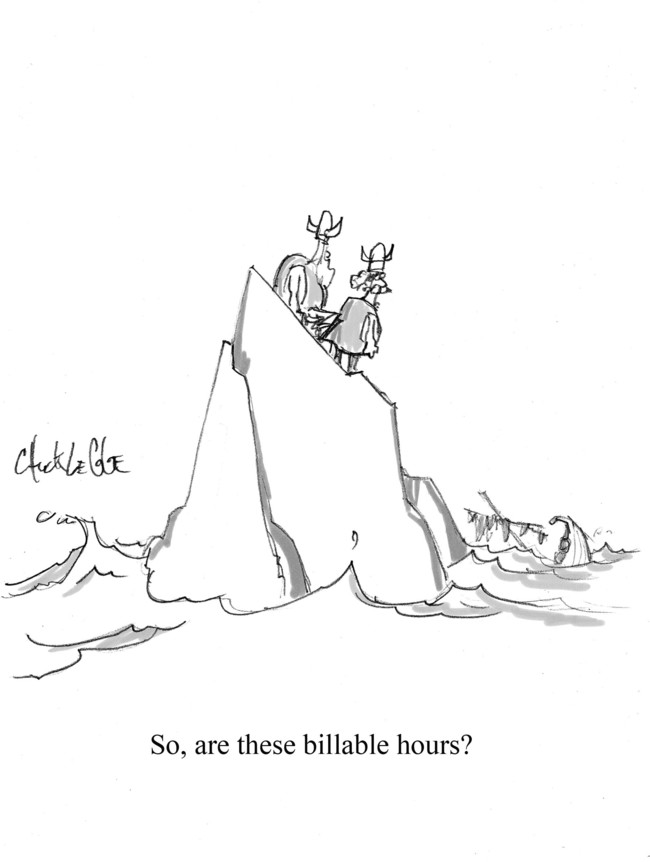Two things I wish someone had told me about starting a consultancy
I made lots of mistakes building Unspace. Advance warning will not give you immunity, but G.I. Joe taught us that “knowing is half the battle.”
There is a chasm of sorrow that starts the moment you hire your first employee and lasts until your team is roughly 10 people
How many founding partners do you have? Call that n. Stay n big as long as you possibly can. You will soon look back at this era as simpler times that you wish you could go back to.
If any of your founding partners are not going to stick around, this is precisely when you should figure that out. If you stay n-big for two years, that’s not a bad thing. You’ll figure out what your values are and one day notice that you have a culture.
It’s very rare for a company to suddenly become design-first if there’s no founding design partner. During the early days you might notice that you don’t have a marketing genius or a deal closer. You don’t necessarily need these people to succeed, but if it feels like you do this is when you should recruit that person. A company that wasn’t co-founded by a closer might have a hard time keeping the sales pipeline full. If something isn’t in the founder DNA then it’s unlikely to ever be a significant aspect of the company.
Eventually you will want to make your first hire, and hopefully it’s because they are the smartest person you’ve ever met and you have enough client business that you can’t not hire someone. That’s good, because from this moment on you have hungry mouths to feed. They are your wards and their entire family is now counting on you to keep the gears turning. You will feel a constant state of anxiety from that moment forward.
From n + 1 (your first prodigal hire) to n + 6 you will be in a constant state of resource / income imbalance. You are still billing yourself as a resource because there’s nowhere near enough surplus for you to stop even if you wanted to. You are now responsible for both keeping your deal pipeline full and acting as the de-facto client liaison / team leader. Those projects never end at the same time (or if they do, it’s never a good thing) and you’ll still be juggling support requests for “finished” projects even while you’ll be trying to bring the next clients in.
There will be shortfalls. Your employees must get paid even if you don’t.
Sometimes it’s slowdowns. Expect December to rain havoc upon your cash reserves. You will silently wonder why the phone isn’t ringing while putting on your most positive face for your team.
Sometimes clients change their mind at the last minute. Some even decide to just not pay you, or pay you next year. Or pay you in livestock.
The point is that you will feel sorely overtaxed, as though you are working three jobs (production, team lead, biz dev) and that doesn’t even include all of the networking, recruiting and marketing you’re supposed to be doing. Why do you think so many team blogs are so quiet?
This pain lessens when your company regains its billing equilibrium, usually around 9-11 people. However, this won’t happen before you realize that…
You don’t get to do the thing you are supposed to be good at anymore
Tobi is the CEO of Shopify. He’s likely the smartest, most creative developer at Shopify — he was on the original Rails core team, created a half-dozen tools like migrations and Liquid — and he doesn’t get to code anymore. He’s too important as the executive decision maker and holder of the vision.
A company will start to stabilize right around the time that there’s no practical way for the founders to continue to actually work on projects anymore.
Most of us will fight this, tooth and nail. How dare you suggest that I can’t do what I want in my own company? Hell, this is why I started a development company, so I could lead my team on really fascinating projects.
Past a certain point, you’ll be lying to yourself. Your team will increasingly find your half-in, half-out contributions more of a nuisance than an asset. If they respect you, they’ll tell you… and if they don’t tell you, they are afraid of what you’ll do if you hear the truth. Meanwhile, you’re getting rusty and it’s harder to read all of those tech blogs posts like you used to. You’ll be in a permanent state of catch-up.
And if you’re really stupid, like I was, you’ll just work all night and make yourself sick. Please don’t do this. Burnout is not an achievement.
Once you finally accept that your role is to lead the company, everything suddenly gets emotionally easier for everyone involved.
I do have a bonus tip:
Always have an exit plan. Nobody should stick around forever. It will take three years to groom a worthy successor, so get started or your hard work will evaporate if you need to move on. There’s no shame in wanting to try something new, so be honest with yourself and your team about what the next five years is going to look like.
This thing that you’re trying to do? It’s very hard. You’re going to have some of the worst days of your life. When you look back on everything, you will wish you’d handled some things better. It’s just a given.
And someday, you’ll find yourself leaving advice for the next folks up to bat.

